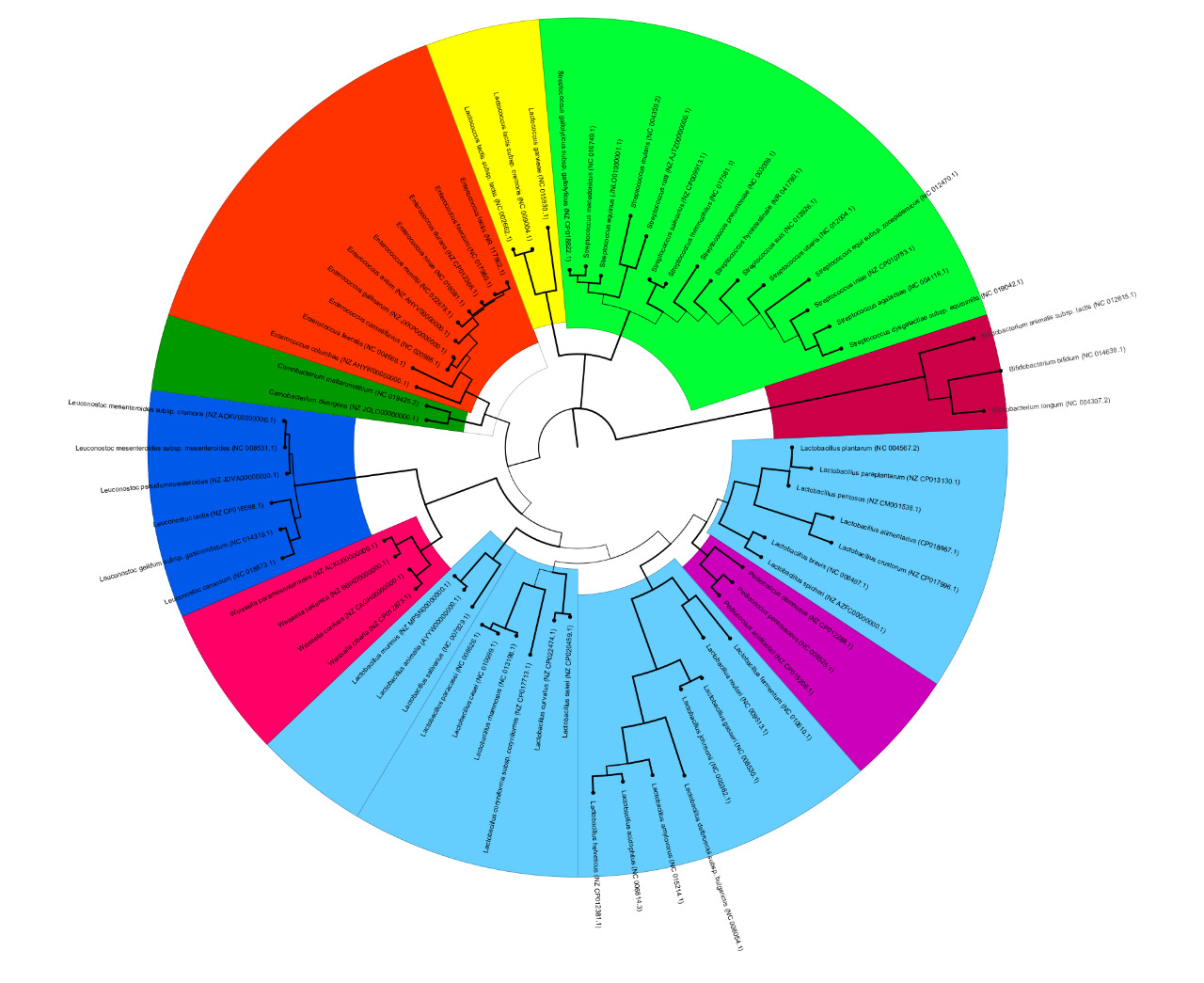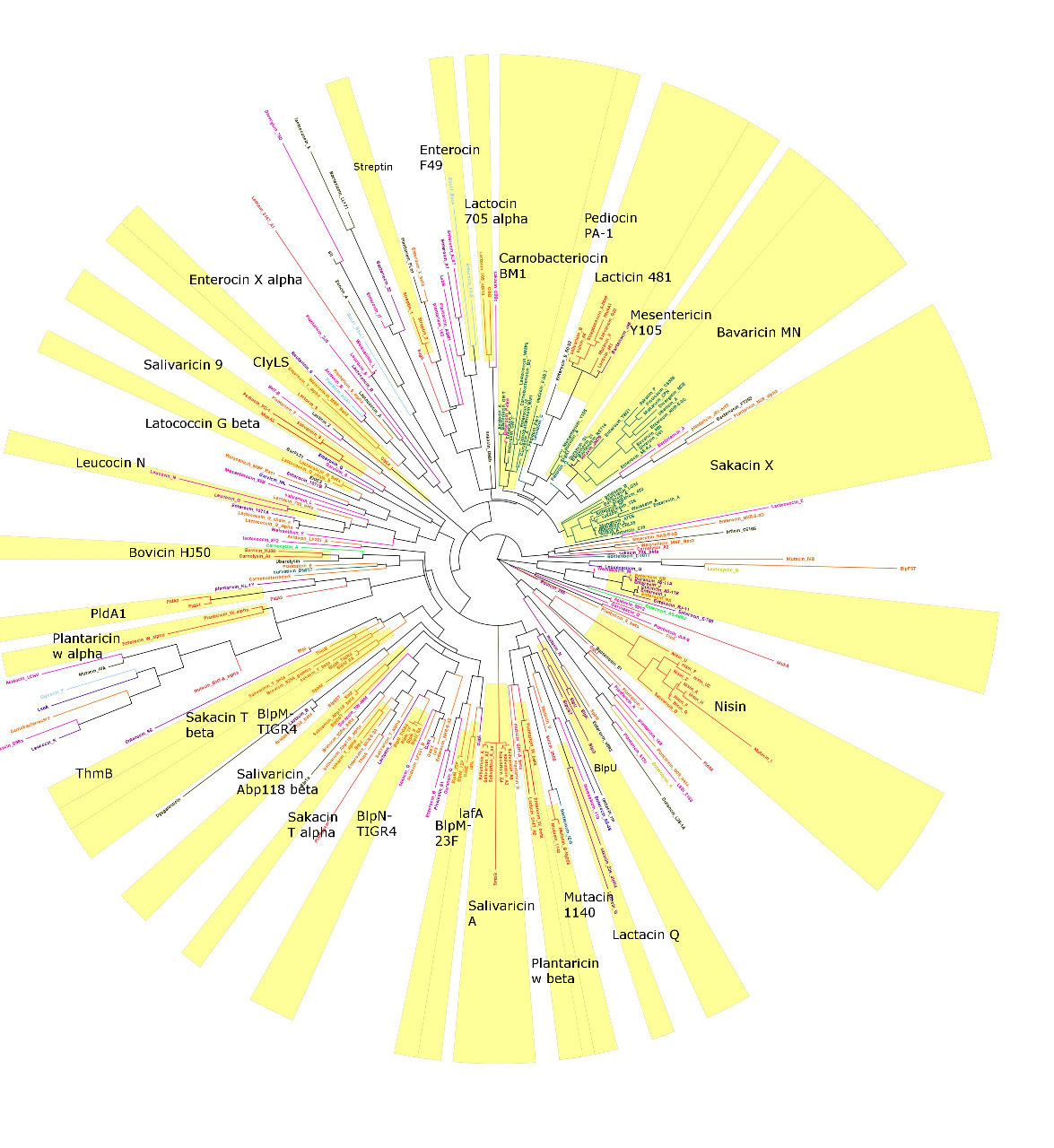

A group of researchers at the Lebanese University (LU) and the University of Lille in France established a global database “LABiocin” specialized in peptides or bacteriocins produced by lactic acid bacteria.
The leading scientific achievement required the joint efforts and cooperation of researchers in the Microbiology, Health and Environment Laboratory (LMSE) of the LU Doctoral School of Science & Technology (DSST) and the Faculty of Public Health supervised by Prof. Monzer Hamza, the Laboratory of Informatics and their Application (LIA) of the LU DSST and the Faculty of Business Administration supervised by Prof. Ahmed Chahine, and the National Institute for Agriculture, Food, and Environment (INRAE) of the University of Lille in France supervised by Prof. Noureddine Chehayeb.
Before the creation of the database, peptides were dispersed in international journals and websites, making it difficult for researchers to benefit from their effective role in food preservation, control of foodborne bacterial diseases, and the spread of bacterial strains resistant to antibiotics.
For the first time, LABiocin collected peptides-related information in an integrated manner, such as conditions and methods of peptide extraction, the peptide sequence of amino acids and gene sequences. LABiocin offers a user interactive interface and provides distinguished services such as “type in a keyword” or “advanced search” to narrow the search results using up to nine types of filters. The user can specify the similarity between the searched peptides and LABiocin peptides via “BLAST” service. LABiocin also contains a number of hyperlinks to help the user navigate between several databases and easily access all information related to any particular peptide.
For more information, visit LABiocin at the following link:
(https://labiocin.univ-lille.fr/)
To view the database scientific paper published in one of the international journals, visit the following link:
https://www.sciencedirect.com/science/article/abs/pii/S092485791930192X

